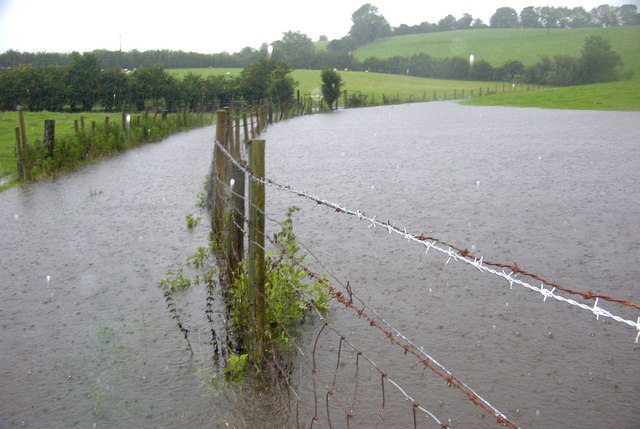Experts from the University of Limerick (UL) are currently researching for a study on dairy farmers’ thoughts about weather variability and how they plan to manage key risks.
The findings will be used to help create future strategies to financially protect farmers in light of the expected increase in flooding in the coming years.
Dr John Garvey, a Senior Lecturer in Risk Management and Insurance at Kemmy Business School, UL, is working on the topic of farmer risk management in relation to the weather. He is asking farmers to complete a short survey to help with the research and to make the study as accurate and applicable as possible.
Garvey said: “For Irish dairy farmers, efficient grass management is a key factor in keeping down costs and maximising profitability.
Dealing with periods of bad weather is part of the farming experience and farmers have learned to adjust when their plans are disrupted due to unseasonally wet or cold weather.
He added: “Following the abolishment of milk quotas, many dairy farmers are making changes to their farm enterprise, in many cases increasing production and becoming more efficient.
“These changes can make planning for bad weather events more complex as farmers must make judgements about how much fodder to set aside in early spring or plan for periods when it is impossible to spread slurry.
While much of the attention recently has been about risks associated with milk prices, we are interested in hearing from farmers about their views on weather risk and how it features in their plans.
Garvey continued: “In recent years, we have seen a number of examples where unexpected weather events have created severe pressure on some farmers and we are looking at ways in which the financial costs of bad weather can be better managed.
“Winter storms in 2014, followed by an extremely wet February, affected a large number of farmers in flood-prone areas, leading to land damage and increased feed costs.
“These extreme weather events are expected to become more frequent in the future and this research focuses on how farmers currently view financial and operational exposures on their farm, with the objective of developing strategies that will help to stabilise farm incomes.”
The UL lecturer said participation in the ten-minute survey would be greatly appreciated. As well as gathering farmers’ attitudes to weather variability and risk management, the study will ask for ideas on how best to protect the farm in periods of extreme weather.
You can access the survey here.

